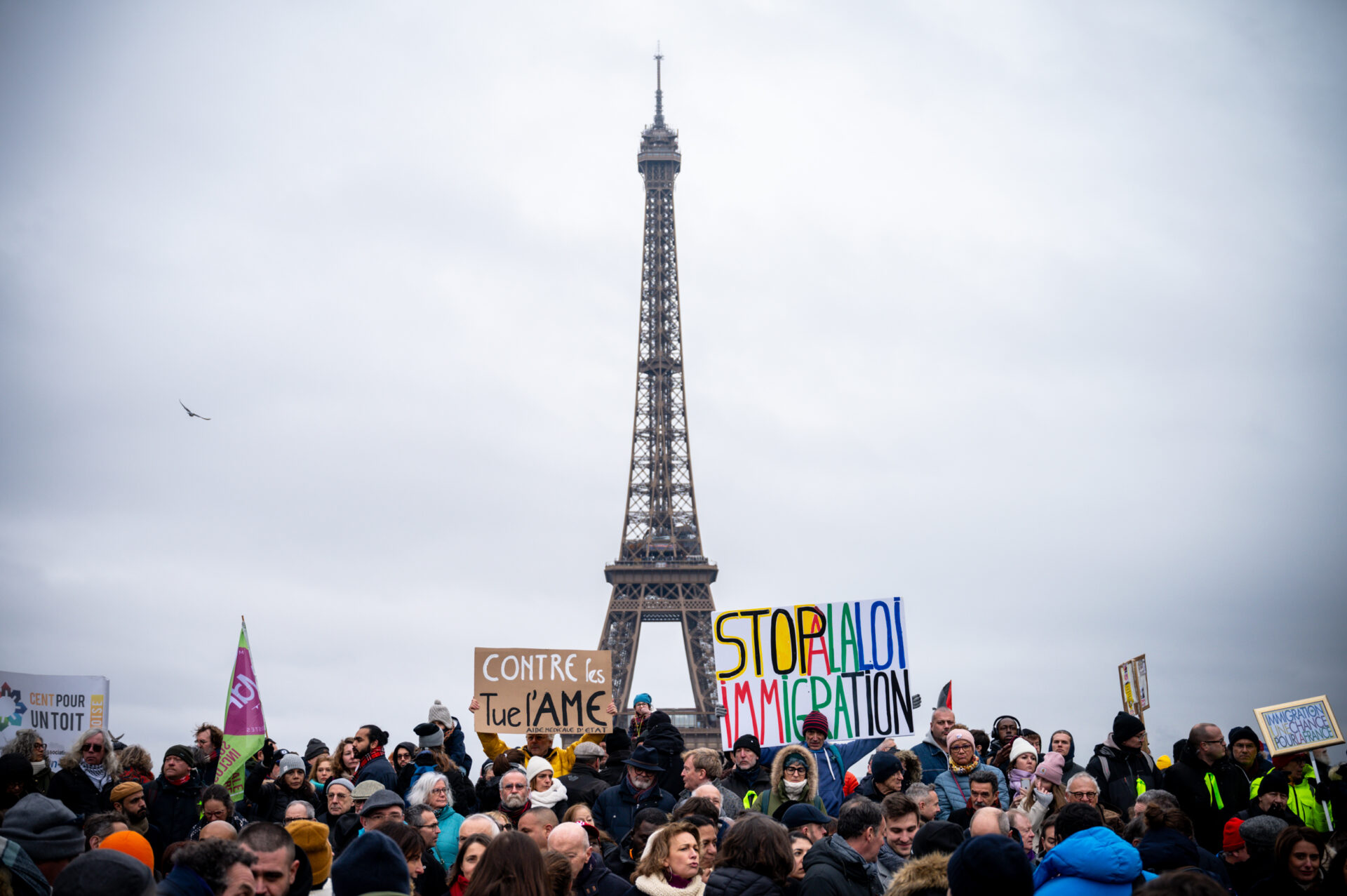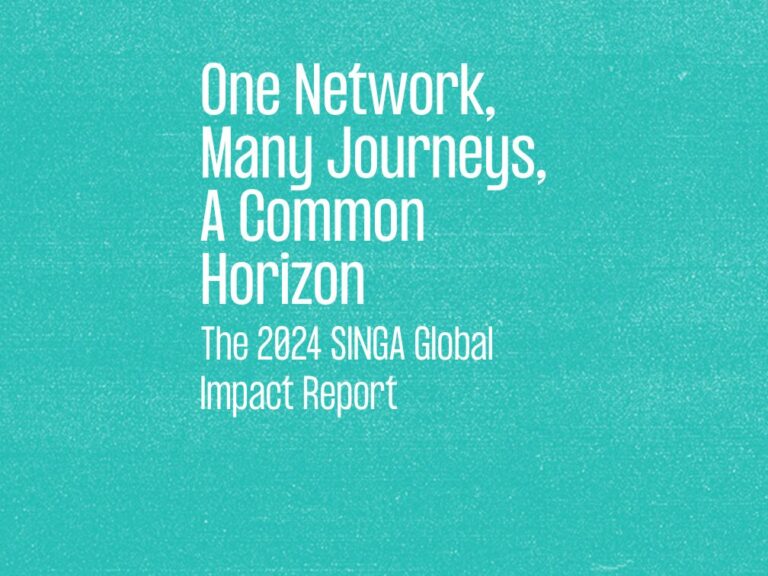- About
- SINGA in the world
- Entrepreneurship
- Intercultural encounters
- Training and information
What does the European Pact on Asylum and Migration contain, and why is it problematic?

The Migration and Asylum Pact adopted by the European Parliament on Wednesday, April 10, does not provide solutions to current problems but exacerbates them. Prioritizing rejection and border tightening, it renders displaced persons more vulnerable and weakens the rule of law as well as the Member States at the EU’s external borders. Faced with these challenges, a constructive and inclusive migration policy is necessary for the continent’s future.
This article outlines the main aspects of the Pact and highlights the problems it poses.
1 – A new so called “solidarity” system for the redistribution of asylum seekers
In Europe, countries like Greece and Italy play a major role as entry points into the European Union for migrants. The new Pact aims to address the needs of these countries facing migration challenges by establishing a solidarity mechanism among all Member States to better distribute asylum seekers across Europe.
In reality, Member States will have two options:
→ Welcome a portion of asylum seekers based on their population and GDP, a measure that would be financially supported by the EU. The European Union aims to relocate 30,000 asylum seekers annually from arrival countries to those less affected. For a country like France, this represents 4,000 people.
→ If Member States refuse to accept asylum seekers, they must pay a financial compensation of 20,000 euros per rejected person or prove that they are financially and technically supporting Member States facing migration pressure.
What we think: There is no European solidarity when countries can buy the right to evade hospitality.
Member States can continue to avoid their responsibilities by financing border reinforcements.
2 – Strengthening border screening at external borders
With this Pact, the screening and profiling system is reinforced and accelerated.
- Asylum seekers deemed unlikely to obtain asylum (for example, people from countries with a low refugee acceptance rate) will undergo an accelerated border application procedure.
- A rejected application implies immediate deportation without the possibility of appeal for individuals who do not meet protection criteria.
- This screening partly relies on strengthening the Eurodac system, which collects data – including biometric data – from individuals arriving on European soil. Facial images would be added to the already collected fingerprints. The minimum age for data collection is lowered from 14 to 6 years.
What we think: Europe was a beacon for human rights. With this Pact, it betrays the principles that justified its foundation.
By conditioning the reception of refugees on their country of origin, the European Union violates Article 3 of the Geneva Convention, which states that refugee status is individual and not based on nationality. This leads to discrimination based on country of origin and compromises the protection of individuals fleeing persecution based, for example, on their sexual orientation or political opinions.
Moreover, delegating the processing of asylum applications to non-European third countries risks exposing displaced persons to inhumane treatment, as seen recently in Tunisia.



3 – Addressing Crises
The “crisis” aspect of the migration pact introduces special rules for situations of massive influx of people or risk of massive arrivals. It strengthens the screening system to include stateless persons and nationals of countries with a low asylum recognition rate (which increases from 20% to 50%).
The registration deadlines for asylum applications are extended, allowing Member States to keep arrivals longer in detention centers at the EU’s external borders.
What we think: A major setback from international and European standards. Giving countries the ability to ignore or circumvent rules whenever a “crisis” occurs undermines the idea of a common European response to migration, resulting in less solidarity and even more disorder.
Benoît Hamon, CEO of SINGA Global, declares, “The isolationist stubbornness of governments only prepares Europe for economic decline, collapse, and downgrading.”
Discover our 12 recommendations for an inclusive, prosperous, and dynamic Europe>
Latest news

Measuring inclusion without reducing it: SINGA publishes its first impact report

Entrepreneurship with SINGA in 2026: applications are now open throughout France
